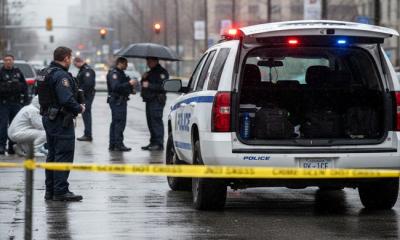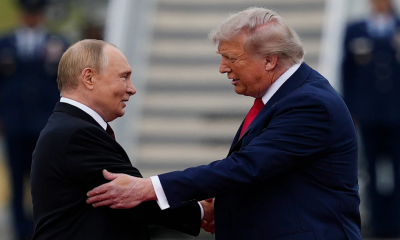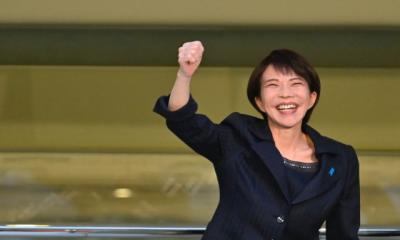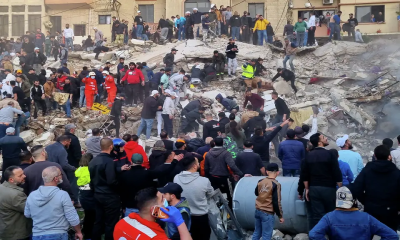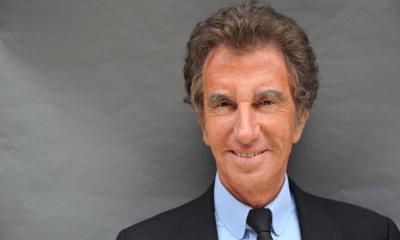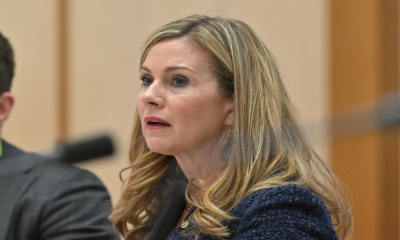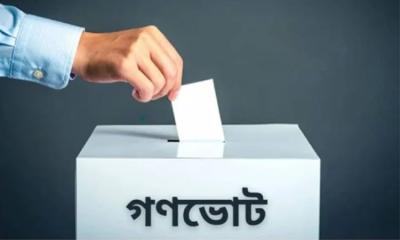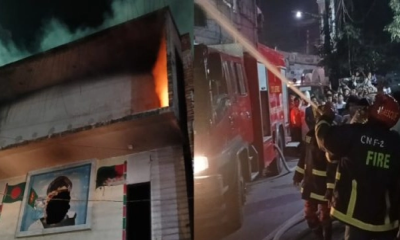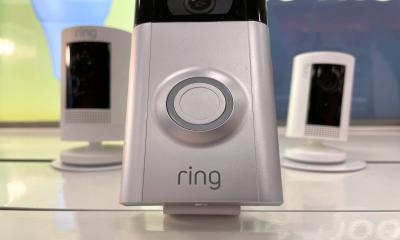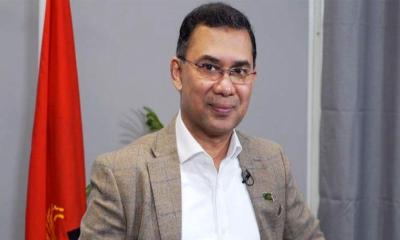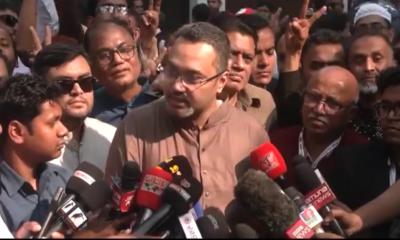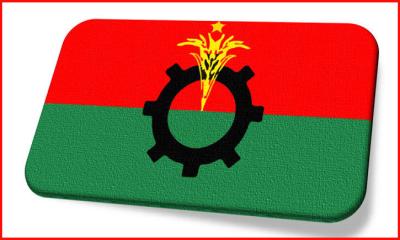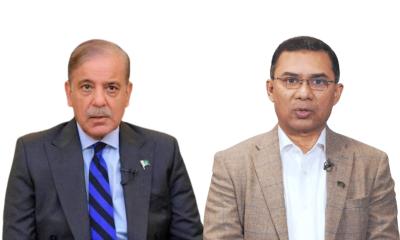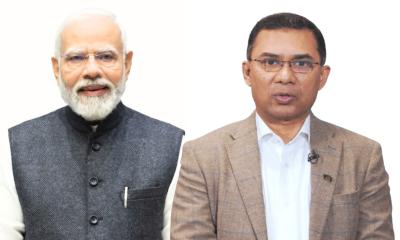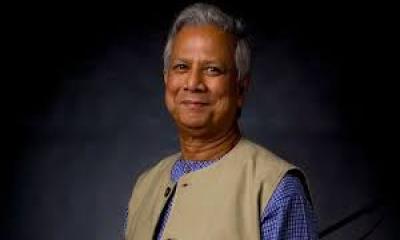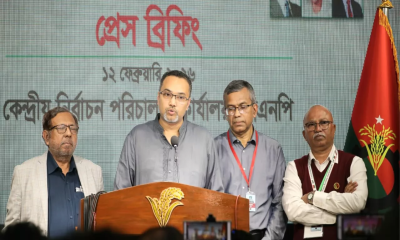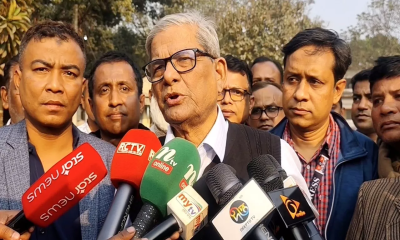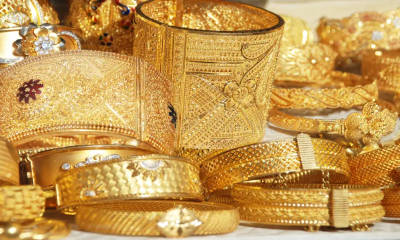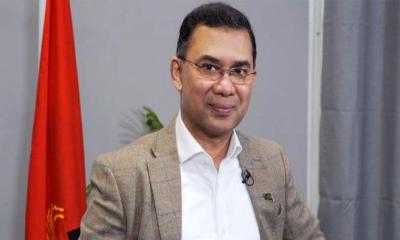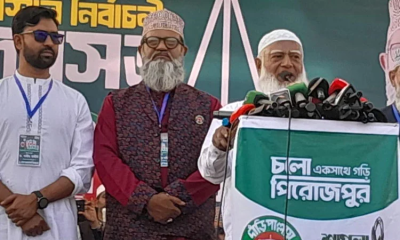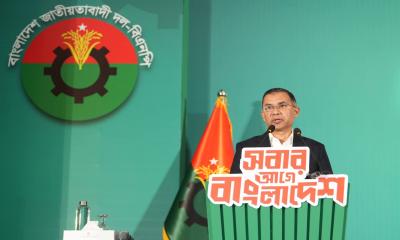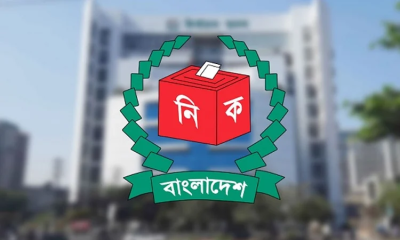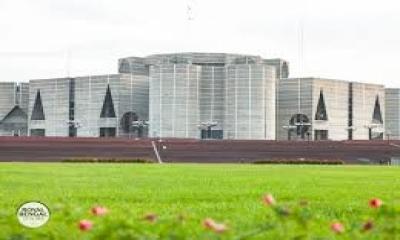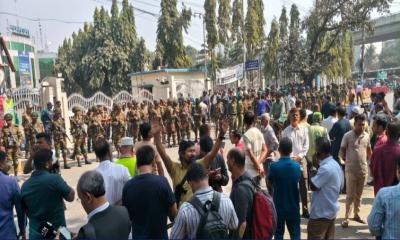Former Japanese Prime Minister Shinzo Abe has died, public broadcaster NHK said on Friday.
Abe, 67, had been delivering a stump speech near a train station in the western city of Nara when he was shot by an assailant.
Prime Minister Fumio Kishida condemned the shooting in the western city of Nara in the "strongest terms".
Japanese people and world leaders expressed shock at the assassination attempt, an extremely rare attack in Japan that its political parties condemned.
Police said a 41-year-old man suspected of carrying out the shooting had been arrested. NHK quoted the suspect, identified as Tetsuya Yamagami, as telling police he was dissatisfied with Abe and wanted to kill him.
Abe was making a campaign speech outside a train station when two shots rang out at about 11:30 am (0230 GMT). Security officials were then seen tackling a man in a grey T-shirt and beige trousers.
Media reported that Abe was wounded in the chest and neck area. An official of Abe`s faction of the ruling party said he was receiving transfusions, NHK said.
Political violence is rare in Japan, a country with strict gun regulations.
In 2007 the mayor of Nagasaki was shot and killed by a yakuza gangster. The head of the Japan Socialist Party was assassinated during a speech in 1960 by a right-wing youth with a samurai short sword.
Senior Japanese politicians are accompanied by armed security agents but often get close to the public, especially during political campaigns when they make roadside speeches and shake hands with passersby.
Airo Hino, political science professor at Waseda University, said such a shooting was unprecedented in Japan. "There has never been anything like this," he said.
Police said the suspected shooter was a resident of Nara. Media said he had served in Japan`s military for three years until 2005.
Abe served two terms as prime minister, stepping down in 2020 citing ill health. But he has remained a dominant presence over the ruling Liberal Democratic Party (LDP), controlling one of its major factions.
Kishida, Abe`s protege, had been hoping to use the election to emerge from Abe`s shadow and define his premiership, analysts have said. Kishida suspended his election campaign after Abe`s shooting.
US Secretary of State Antony Blinken expressed deep concern over Abe`s condition.
"Our thoughts, our prayers are with him, with his family, with the people of Japan," Blinken said on the sidelines of a G20 meeting on the Indonesian island of Bali. "This is a very, very sad moment. And we`re awaiting news from Japan."
The United States is Japan`s most important ally.
The yen rose and Japan`s Nikkei index fell on news of the shooting, partially driven by a knee-jerk flight to safety.
Abe is best known for his "Abenomics" policy of aggressive monetary easing and fiscal spending.
He also bolstered defence spending after years of declines and expanded the military`s ability to project power abroad.
In a historic shift in 2014, his government reinterpreted the postwar, pacifist constitution to allow troops to fight overseas for the first time since World War Two.
The following year, legislation ended a ban on exercising the right of collective self-defence, or defending a friendly country under attack.
Abe, however, did not achieve his long-held goal of revising the US-drafted constitution by writing the Self-Defense Forces, as Japan`s military in known, into the pacifist Article 9.
Abe first took office in 2006 as Japan`s youngest prime minister since World War Two. After a year plagued by political scandals, voter outrage at lost pension records, and an election drubbing for his ruling party, Abe quit citing ill health.
He became prime minister again in 2012.
Abe hails from a wealthy political family that included a foreign minister father and a grandfather who served as premier.




